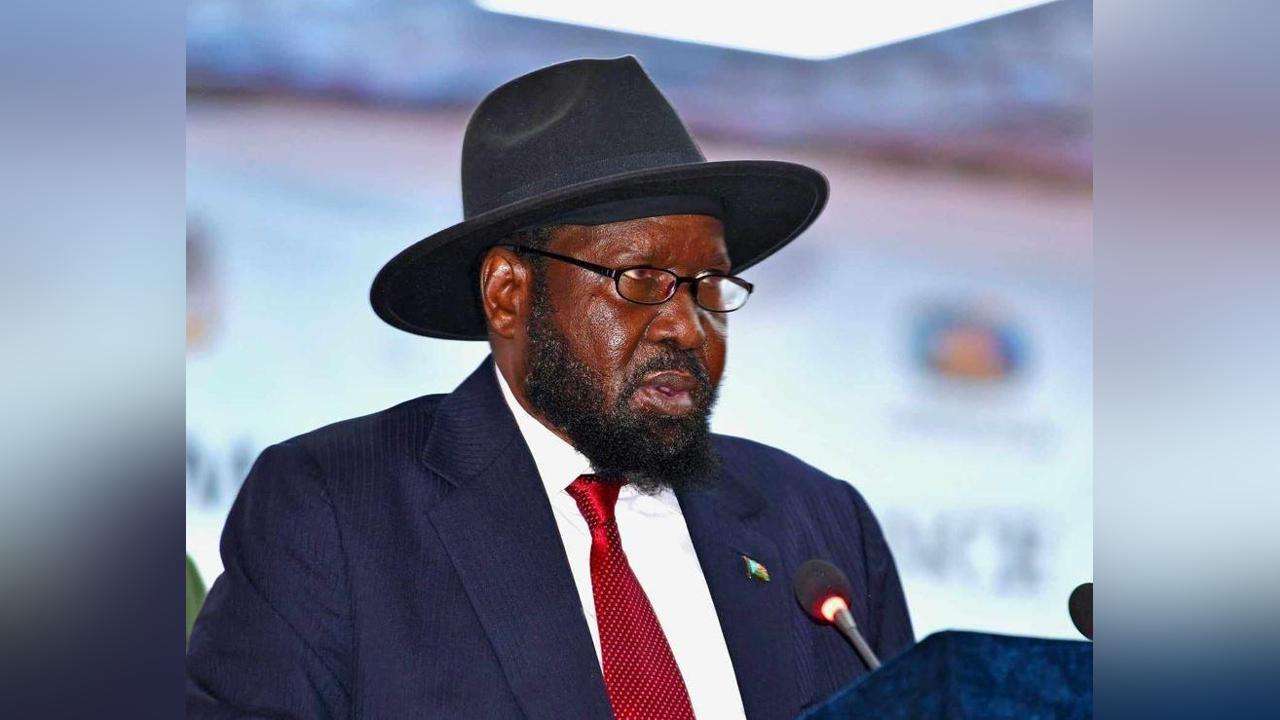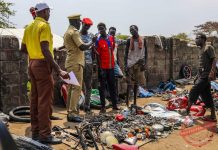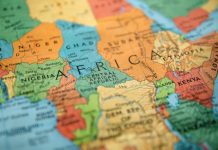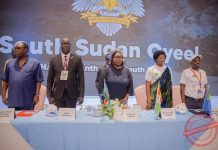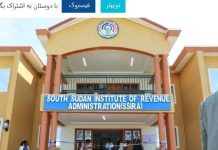Matia Samuel
Africa-Press – South-Sudan. President Salva Kiir swung the notorious axe with multiple decrees, sacking and appointing new officials in the Bank of South Sudan, Ministry of Finance and Planning, Ministry of Trade and Industry and National Revenue Authority.
The unforeseen Monday decree sent Johny Ohisa Damain packing, leaving the seat of the governor of the Bank of South Sudan to James Alic Garang to take up the duties determining the country’s banking destiny.
Addis Ababa Othow was also sacked as the first deputy governor of the Central Bank, and replaced by Samuel Yanga Mikaya as the new first deputy governor of Central Bank. John Machiek Achuoth was replaced with Nyiel Gordon Kuol who is now the first-ever female second deputy governor.
In a separate decree, Kiir sacked Athian Diing Athian as the Commissioner-General of the National Revenue Authority and replaced him with Africano Mande. Also, Albino Kur was appointed as the new deputy commissioner general of the National Revenue Authority (NRA).
Kiir also sacked Mary Taban as the Undersecretary of the Ministry of Trade and Industry and replaced her Kuol Ayulo, who served before as the first undersecretary in the Ministry of Finance and Planning. Malual Tap was appointed as the first undersecretary of finance in the Ministry of Finance and Planning.
The presidential decree came ahead of the implementation of the draft recommendations of the National Economic Conference held in Juba between September 4 and September 9, 2023.
During the conference, which was meant to tackle the country’s economic hardships, various speakers raised issues regarding policy lapses to be tightened.
The U.S. Ambassador to South Sudan, Michael Adler, called on the government to demonstrate willingness to stabilise the economy.
“We call upon the transitional government to demonstrate through its actions, that it views achieving this growth as a priority.”
“To demonstrate that this is indeed the case, the transitional government must establish an environment that is conducive to effective development assistance and responsible private sector investment,” he said.
At the time, a suggestion came forth that the government needed to change the unit currency to stem the runaway inflation and the devaluation of the US dollar. But after the conference, the now former central bank governor, Johnny Ohisa, strongly warned against open discussion of currency change and further cautioned that implementing such a policy would take time and resources.
“It’s not just an issue that can be said in a forum openly like that. During the past national economic conference, there was a comment from one of the panellists about the change of currency.”
The reasons for the massive changes at the key government institutions remain mysterious. The timeliness of the changes may elicit questions over the suitability of the individuals whisked out of the office on Monday evening.
The big question is: Could it be that the sacked officials were not eligible to implement the national economic conference resolutions?
MPs complain
Earlier last month, lawmakers at the Reconstituted Transitional Reconstituted National Assembly faulted the bank of South Sudan for failing to stop the pound from suffering against the greenback for years despite the fiscal measures put in place.
“We have been questioning people about the reason why the pounds are not gaining but losing.”
“Can we change our denomination so that the money that is our currency and the pounds that are with us in the houses can be given to the central bank so that the government can regulate it,” asked John Agany, the spokesperson of the parliament.
Before the conference, back in August, the former NRA boss, Athian Diing Athian, had also emphasised the need for re-screening of the staff to make the taxman more efficient. Athian said at the reception of the current minister of finance and planning, Dr Bak Barnaba, that his predecessor (Dier Tong Ngor) had begun re-screening at the NRA which should have been sustained.
“The previous minister had just formed a ministerial order for the re-screening of the employees of the NRA because we have issues of overstaffing in the NRA,” he said.
He added, “We are going to start widening the tax base in South Sudan so many people can be paying taxes.”
The delegates of the National Economic Conference arrived at various recommendations to turn around the economy, with most of them touching the institutions under the economic cluster.
Some of the recommendations include the use of the oil revenue to invest in productive sectors such as agriculture and food security, wildlife conservations and tourism, livestock and fisheries; mining trade and industry; water resources and irrigation; land, housing and urban development; environment and forestry; and investment.
It was also recommended that the oil revenue should be transferred to Bank of South Sudan accounts, encourage South Sudanese to use domestic currencies as the legal tender as opposed to foreign currency (USD) and enact laws that govern the insurance companies and microfinance organizations as well as the commercial banks operating within the country to provide business loans to people with good economic standings.
Source: The City Review South Sudan
For More News And Analysis About South-Sudan Follow Africa-Press

